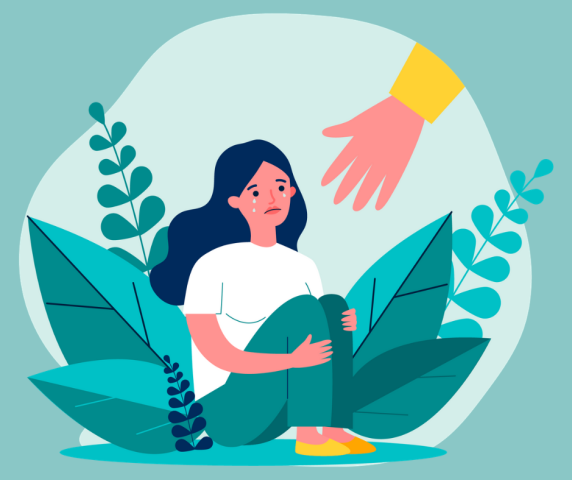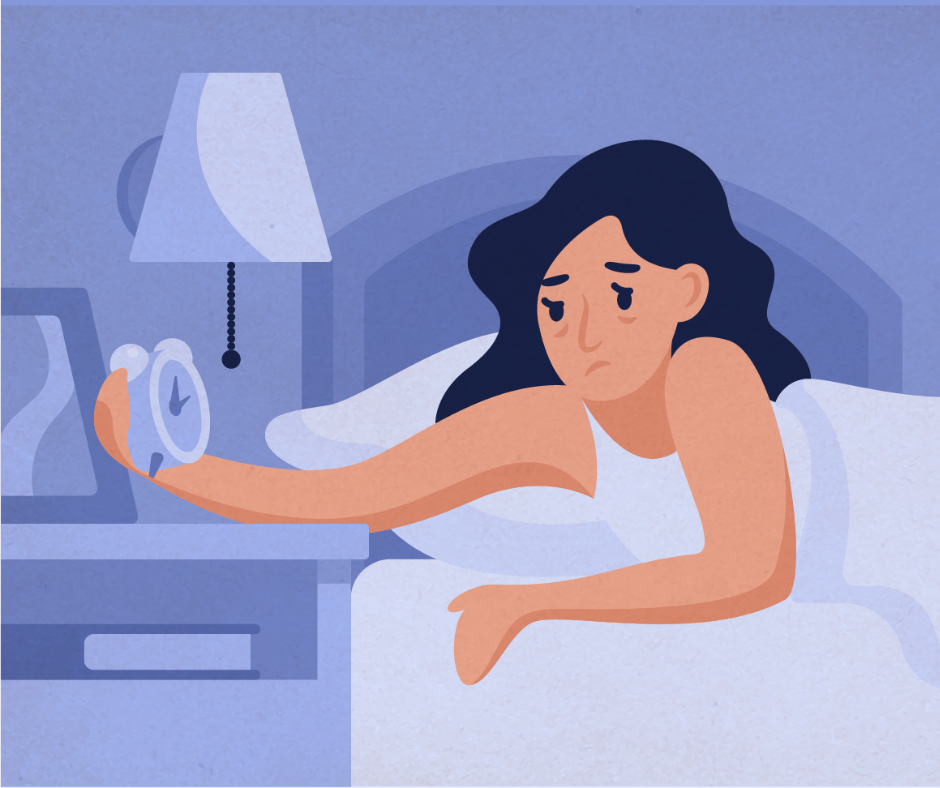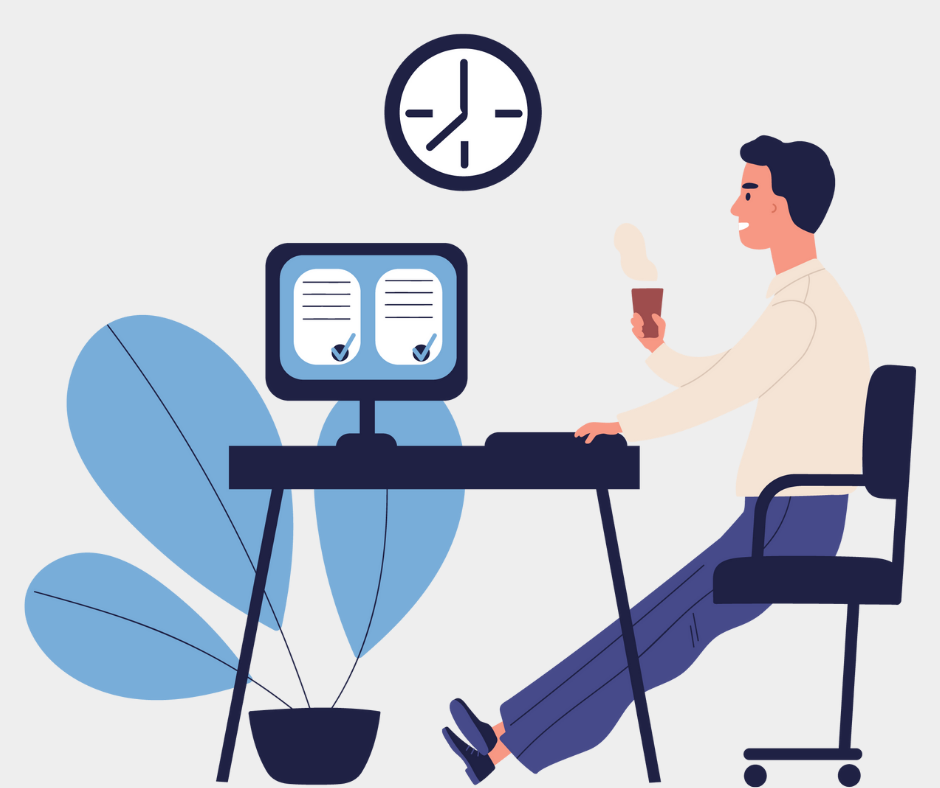- Guest Contributor
- April 27, 2021
As the Coronavirus pandemic continues to affect everyday life, you may worry about staying healthy, finding new gigs and connecting with loved ones. It’s normal to feel concern, depression and anxiety during a pandemic. But you can also recognize and cope with these feelings and thrive during today’s unprecedented times.
Recognize the Signs of Depression and Anxiety
The signs of depression and anxiety can be similar, making it tough to know what’s happening in your body and mind. In general, though, you may recognize the following physical, behavioral and emotional symptoms.
Depression:
- Loss of interest in normally pleasurable activities
- Feeling sluggish, sad or empty
- Difficulty concentrating or making decisions
- Aches, pains or gastrointestinal issues
- Sleep and appetite changes
- Hopeless, helpless, guilty, or worthless feelings
- Irritability, anger or restlessness
- Thoughts of death or suicide
Anxiety:
- Mild to severe fear and worry
- Racing thoughts or a racing heart
- Difficulty concentrating or recalling
- Muscle tension
- Grinding teeth
- Sleep difficulties or fatigue
- Restlessness, irritability or edginess
- Dread or panic
Ask for Help
We’re all in the pandemic together. Yet, it can be difficult and intimidating to admit your feelings. However, wouldn’t you want to help a struggling family member or friend? Your loved ones feel the same way, so reach out to the people who support you without judgment.
Discuss your feelings and concerns with your family. Ask for help with household chores, errands and other tasks. Invite them to play games, take a walk or watch a movie with you, too, when you need to relax.
Talk to your friends, also. Vent about your feelings or listen to their stories. You could join an online dating, networking or hobby group, too, as you stay connected despite social distancing restrictions.
Manage your Feelings
While depression and anxiety are serious, there is good news! Several self-care practices help you manage and cope with pandemic-related depression and anxiety.
1. Regular therapy appointments – Find a therapist through your health insurance plan or via teletherapy, and talk about your feelings, thoughts and concerns. A professional can help you identify the root causes of depression and anxiety, discover new ways to think about your situation, and cope with the pandemic and daily life.
2. Journaling – Record your thoughts, feelings, concerns, and worries online or on paper. When you’re finished, delete or toss the page and truly throw away your cares.
3. Grounding and breathing exercises – Place your feet on the ground and focus on your breathing. Grounding and breathing practices connect your body and mind, calm your nervous system, and relieve depression and anxiety symptoms.
4. Healthy lifestyle habits – Diet, exercise and sleep equip your body to function and may improve your mood. Even when you don’t feel like it, try to eat a mindful diet, move your body and follow a sleep schedule each day.
5. Engaging activities – When you feel sad, anxious or troubled, select a fun activity that redirects your mind and emotions. Example activities include baking, knitting, reading, sports, or drawing.
It’s okay to feel depressed and anxious during the pandemic. But you can also recognize and cope with depression and anxiety as you rediscover a healthy new normal during these unique times.
About the Author: Jennifer Turner writes web content for a variety of clients. As a gig worker, she understands the benefits and challenges of the industry, which is why she prioritizes daily self-care. Find her at WriterAccess.










